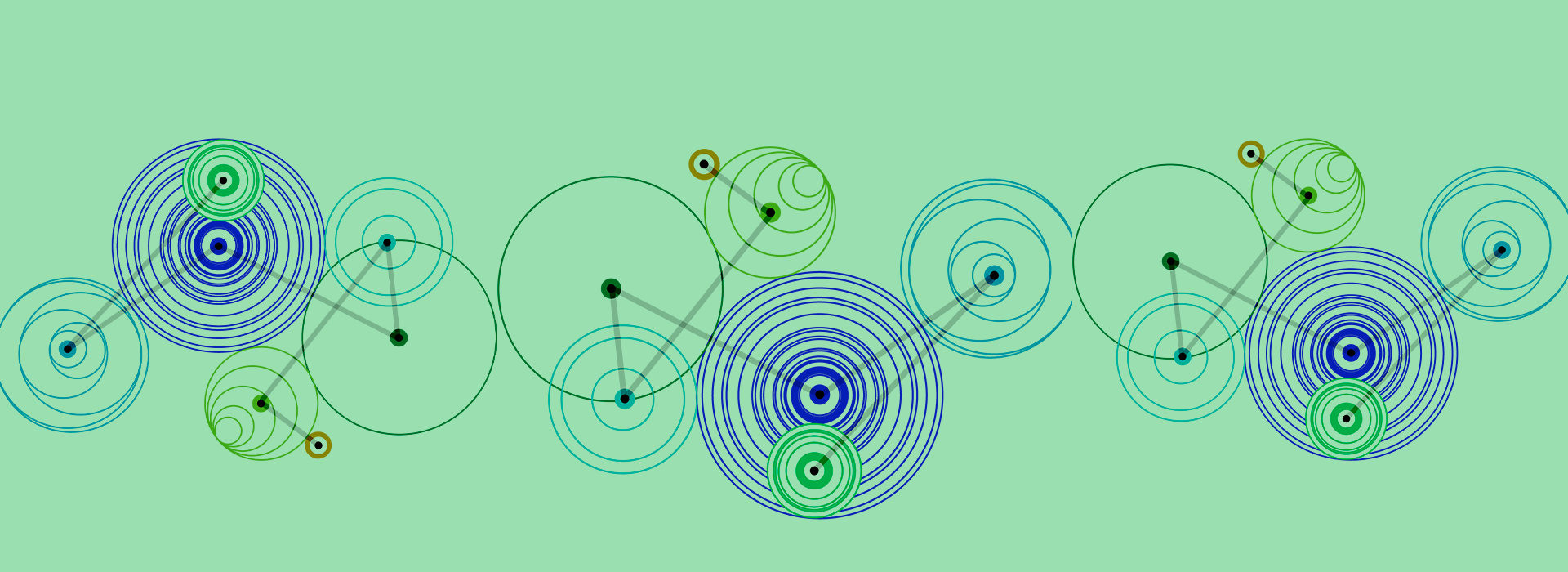Infrastructures, Public Commons, and the Tools to Realise them
This session will explore the infrastructural challenges that Lebanon is currently facing, and the mechanisms through which infrastructural deficits in energy, water, food production, and waste management can begin to be redressed. The session will present data on the current state of urban infrastructures, as well as analyses of the practices through which service provision can be managed through citizen-led solutions (such as citizen assemblies), public-partnerships, and engineering solutions for more inclusive and sustainable outcomes.
Moderator:
Mona Harb
Beirut Urban Lab
Mona Harb is a Professor of Urban Studies and Politics at the American University of Beirut where she is also co-founder and research lead at the Beirut Urban Lab.
She is the author of Le Hezbollah à Beirut: de la banlieue à la ville (Karthala, 2010), co-author of Leisurely Islam: Negotiating Geography and Morality in Shi’i South Beirut (with Lara Deeb, Princeton University Press, 2013), and co-editor of Local Governments and Public Good: Assessing Decentralization in the Arab World (with Sami Atallah, LCPS, 2015), of Refugees as City-Makers (with Mona Fawaz et al., AUB, 2018), and of Cities JadMag (with Eric Verdeil, Tadween, 2019), as well as the author of numerous other publications.
Speakers:
Professor Nadim Farajalla has an MS in irrigation engineering in 1989 from Utah State University and an MS and a Ph.D. in environmental engineering from the University of Oklahoma in 1995. Worked for eight years in the private sector in the US and the Middle East focusing on environmental issues, water resources management, and infrastructure design. In 2002, he joined the American University of Beirut, where he is currently director of the Climate Change and the Environment Program at the Issam Fares Institute. His current research focuses on the impacts of climate change and subsequent adaptation measures including the role of the water-energy-food nexus
Muzna Al Masri (Ebla Research Collective)
Muzna Al-Masri is an anthropologist, researcher and consultant and co-founder of the Ebla Research Collective. Her research interests include everyday political practice and clientelism, and the intersection of conflict and politics with humanitarian aid and energy. She holds am MA in Conflict Transformation and Peacebuilding from the Eastern Mennonite University and a PhD in Anthropology from Goldsmiths, University of London. She has held postdoctoral fellowships from the Arab Council for the Social Sciences (2016-2017) and the Orient-Institut Beirut (2018) and is currently a Ford Foundation Global Fellow (2020-2021).
Mariam Daher (RELIEF Centre)
Mariam Daher is project coordinator at the RELIEF Centre in Lebanon. She is also the coordinator of Fast Forward 2030 Lebanon, a network for entrepreneurs who aim to deliver sustainability and prosperity by advancing the sustainable development goals. Her work is therefore at the intersection of research and entrepreneurial projects.
Nikolay Mintchev (RELIEF Centre)
Nikolay is Research Associate at the Institute for Global Prosperity and the RELIEF Centre. He specialises in social theory with a specific focus on the themes of prosperity, subjectivity and social transformation. He is currently working on the relationship between conceptual frameworks of prosperity and the possibilities they present for building pathways to social change.
Nikolett Puskas (RELIEF Centre, IGP)
Nikolett Puskas is a Ph.D. researcher in Global Prosperity at the Institute for Global Prosperity and the RELIEF Centre Beirut


